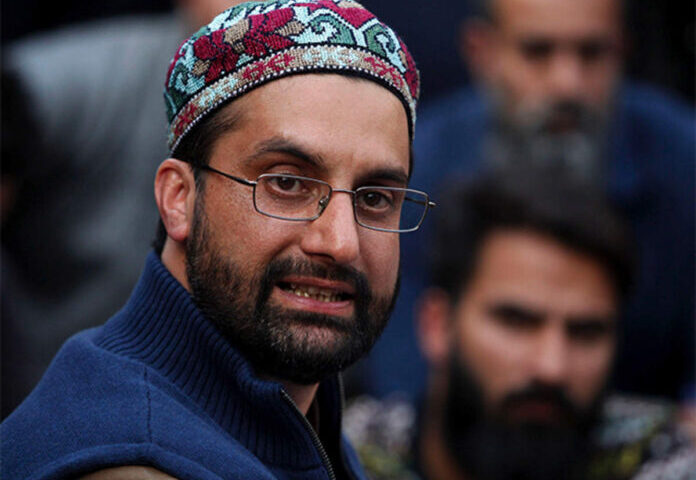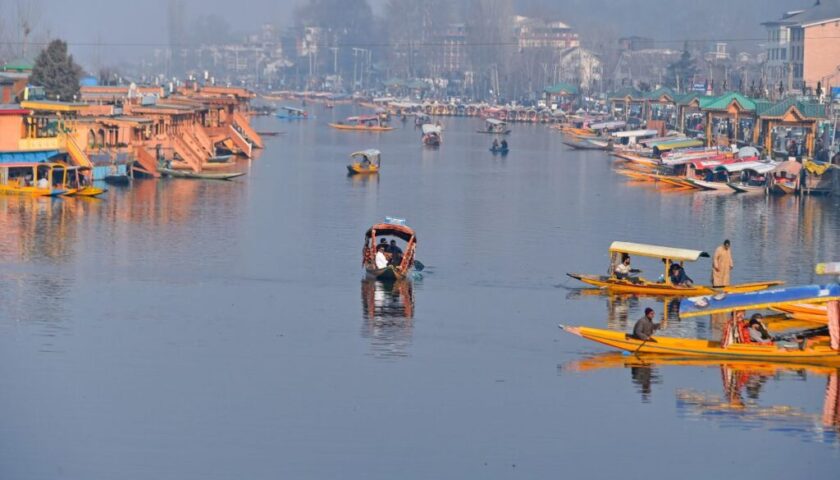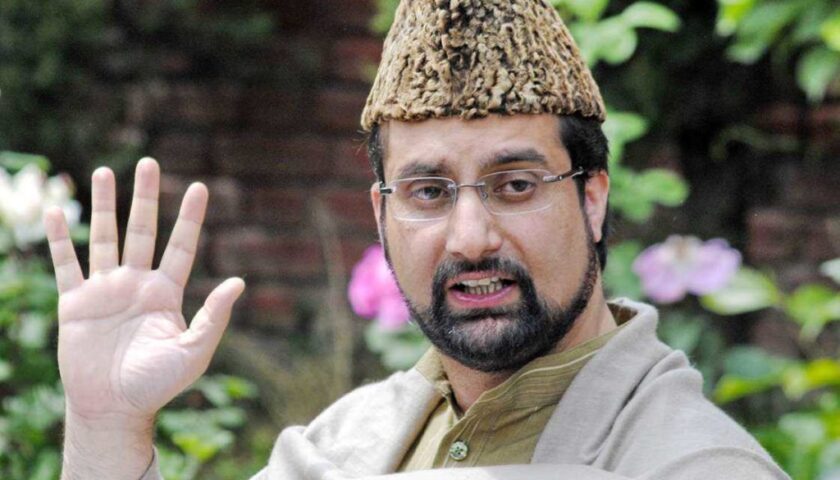Joint Separatist Leadership (JSL), comprising Syed Ali Shah Geelani, Mirwaiz Umar Farooq and Muhammad Yasin Malik, today framed a four-point resolution jointly to be passed by the people on the October 27— the day when Indian army landed in Jammu and Kashmir in 1947.
“The resolution will be read out and passed in all Masajid, shrines and Imambaras across J&K, including Doda, Kishtwar, Rajouri, Poonch and Bhaderwah areas of Jammu region after Friday prayers,” the leaders, in a joint statement today, said.
“October 27, 1947, is the blackest day in the history of Kashmir as it was on this very day when India sent its armed forces to Kashmir without the consent of people of Jammu and Kashmir. The people of Jammu and Kashmir have always stood and fought against this forced control that has consumed thousands of innocent lives since 1947,” they said.
The first point of the resolution reads: “This gathering resolves that October 27, 1947 is the blackest day in the history of Kashmir and people of Kashmir will continue to fight against this forced control. We also resolve and take a pledge to fight against the landing of Indian army in Kashmir on this day and taking control the territory without the consent of its people. The struggle against the forced control will remain the way people of Jammu and Kashmir have been doing since past 70 years.”
The second point reads: “This gathering strongly condemns the presence of eight lakh Indian armed forces in Kashmir who enjoy impunity under the draconian AFSPA that allows them to kill innocent Kashmiris at their will anywhere, anytime. We also urge the world community to play their positive role to ensure sufferings and unabated human rights violations inflicted on the people of Kashmir by the Indian forces, are mitigated.”
The third point reads: “This gathering urges the world bodies and all the human rights organisations to intervene into the ill treatment being meted out to thousand of prisoners lodged in state and outside jails and to ensure prisoners who have completed their term are released and others who are serving detention are treated as per proper jail manuals. We also urge international organisations including ICRC to conduct visit of all the jails across India to get the firsthand account of the plight of Kashmiri prisoners.”
And the fourth point reads: “This gathering strongly denounces the frequent house arrest of resistance leaders, barring them from carrying out social, religious and political obligations, imposing curbs every now and then and makes it clear that no matter how worst ploys the government of India will adopt to muzzle the genuine struggle in Kashmir and to build pressure on the Hurriyat leadership, all these moves are destined to fail as they have failed in the past.”
Joint Resistance Leadership frame four point resolution




